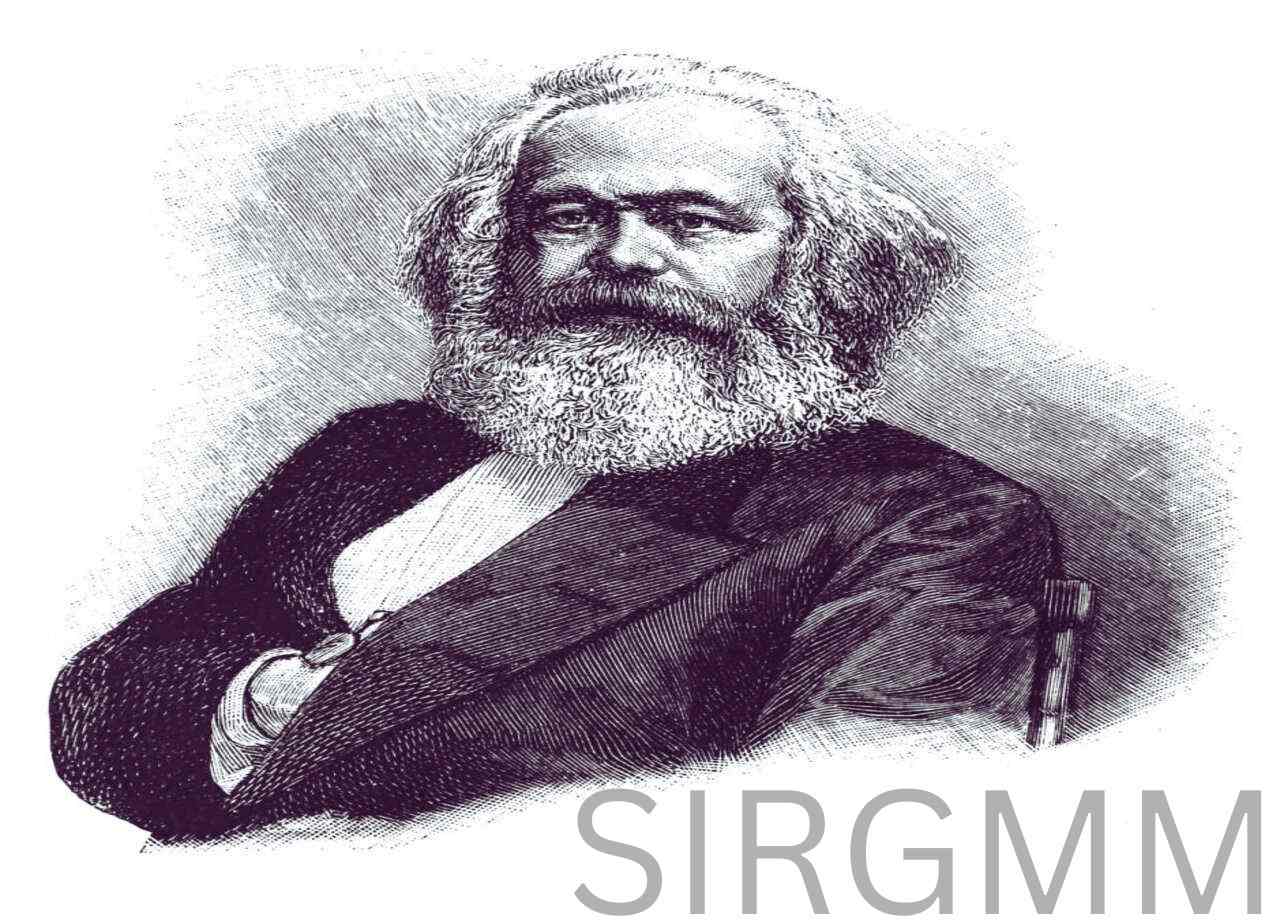Karl Marx: The Revolutionary Journalist Who Fought for Freedom of Expression
How did the jungle law change Karl Marx forever? Why did Marx betray his green-eyed girlfriend? Marx received his doctorate from the University of Jena in 1841.
Then he moved to the city of Cologne in search of a job. One of his friends Adolf Rutenberg was the editor of a liberal newspaper Rheinische Zeitung. Many other liberals also liked young Marx. Those people were impressed by his grip on philosophy and his revolutionary ideas. Marx had grown a beard during his days at the university. The beard gave him a dominating look. Other people were in awe of his personality. Interestingly, Marx had a lisp problem.
But his personality and strong arguments dominated everyone. Many people were even afraid of his personality. Wherever he went he was always in the limelight. In Cologne, Karl Marx also wrote some articles for the newspaper Zeitung. Then he was offered an editor’s job in the same newspaper. He accepted the offer. Marx improved the quality of the newspaper and increased its circulation. It soon became the favorite newspaper of all liberal circles in Germany. Though Marx made the newspaper a successful one. Yet there were some problems too. This was because Karl Marx strongly disliked government restrictions on newspapers.
He was a philosopher, he was more inclined to think freely and to communicate freely with others. He did not like any restriction on freedom of expression. But Germany had strict censorship laws. Government officers censored every newspaper and removed the offending articles. They never allowed offending articles to be published. But the censor officers were not intellectual people. They could not understand the philosophy and nature of those articles.
Karl Marx's Battle Against Censorship: Using Ignorance to His Advantage
The subtleties of philosophy were beyond their mental approach. Because of their ignorance, they often allowed offending news to be published while blocking other unoffending news items. Even their superiors were stupid. Whenever they found out about a published offending news item they simply shut down the newspaper.
The authorities had shut down a newspaper of one of Marx’s friends Arnold Ruge in the same manner. It was Marx’s duty to save his newspaper from the same fate.
So it was a challenge for Marx to counter the censorship and censorship officers.
But sometimes he acted like a naughty person and teased the censor officers.
Once he deliberately didn’t inform the censor’s office about a press holiday. Now the censor officer waited till late at night for the newspaper draft but didn’t receive it. At last, the annoyed officer went to Marx’s home and demanded the draft. Marx replied from a window that it was a press holiday and the newspaper would not be published. The poor officer was angry but he couldn’t do anything and returned home. Karl Marx didn’t like censorship but sometimes he took advantage of the ignorance of the censor officers.
He used their ignorance to publish articles that were offending to the government. For example, Karl Marx published articles against censorship in his newspaper. These articles couldn’t be censored. As Qateel Shifai put it that it was ignorance that saved the tavern otherwise nobody could toast anymore. Marx said that public criticism was real censorship. He likened the official censorship to that of a quack doctor’s treatment. In his articles, he also sharply criticized those who did only lip service to the freedom of the press.
How the Laws of the Jungle Pushed Karl Marx Towards Communism
Those people never took any practical steps for press freedom. Despite the censorship and Marx’s teasing naughty behavior, his newspaper survived for some time. But ironically, at that time, Karl Marx was not aware of the basics of communism. He had little or no knowledge of this ideology. The ideology or the term ‘communism’ was not Marx’s invention. Communism is a form of socialism, and the term was in use at the time when Marx was the editor of Zeitung. You know the supporters of socialism wanted a labor-friendly government.
But Marx knew nothing of socialism or communism. Even a few times when he tried to argue with his friends about it, he got fed up. Then some new laws pushed Marx towards communism and he declared it the savoir of humanity. It was the laws of the jungle that changed Marx’s mind. Now Marx was a native of the Rhineland region and his family also lived in Trier, Rhineland. The Rhineland was rich in forests. Every city or town was surrounded by forests.
These forests were private property. Ordinary people were not allowed to cut trees in these forests. However, they were allowed to pick fallen branches and use them as firewood. In this way, those forests remained clean and it benefited the poor as well. That was a centuries-old custom and no one ever objected to that.


2 thoughts on “Who was Karl Marx | Part 4”